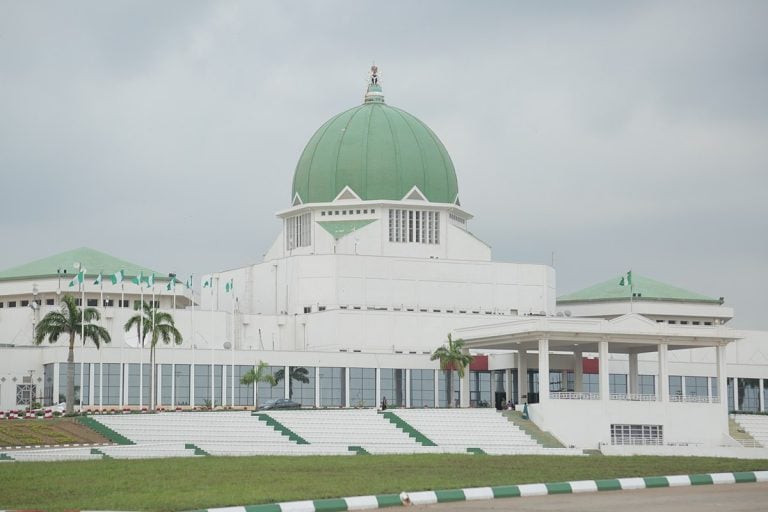Nigeria’s next presidential and governorship elections may be held in November 2026, following a proposal by the National Assembly to move the polls six months earlier than usual.
The draft amendment was unveiled on Monday during a public hearing jointly organised by the Senate and House Committees on Electoral Matters in Abuja.
The move, contained in the Electoral Act (Amendment) Bill 2025, seeks to ensure that all election petitions are concluded before the May 29, 2027, handover date.
The draft amendment read, “Elections into the office of the President and Governor of a State shall be held not later than 185 days before the expiration of the term of office of the last holder of the office.”
This means the polls would fall in November 2026, roughly six months before the end of the current administration’s tenure.
Chairman of the House Committee on Electoral Matters, Hon. Adebayo Balogun, explained that the move is designed to “ensure that all manner of election litigations are dispensed with before the swearing in of winners.”
He said the National Assembly plans to amend Sections 285 and 139 of the 1999 Constitution to shorten the timelines for election petitions, reducing tribunal judgments from 180 to 90 days, appellate court decisions from 90 to 60 days, and ensuring that the entire judicial process does not exceed 185 days.
Other key proposals include early voting for certain categories of Nigerians — such as security personnel, INEC staff, accredited journalists, and observers — at least 14 days before election day.
Significantly, the amendment also seeks to make the electronic transmission of results mandatory, with penalties for non-compliance.
The proposed Section 60(5) reads, “The Presiding Officer shall transmit the results, including the total number of accredited voters, to the next level of collation both electronically and manually.”
Officers who issue unstamped ballot papers or result sheets could face a one-year jail term or a ₦1 million fine.
Stakeholders, including the Independent National Electoral Commission, represented by Prof. Abdullahi Zuru, threw their weight behind the proposed reforms, particularly the call for electronic voting and compulsory e-transmission of results, describing them as critical to enhancing credibility and reducing post-election disputes.
In July, mixed reactions had trailed a similar proposal to amend the 1999 Constitution to allow all elections in Nigeria to be conducted on the same day in 2027.
While leading opposition parties — the Peoples Democratic Party, Labour Party, African Democratic Congress and New Nigeria People’s Party — supported the idea, the ruling All Progressives Congress rejected it, warning of dire consequences.
The initiative, spearheaded by the House Committee on Constitution Review, chaired by Deputy Speaker Benjamin Kalu, emerged from broader constitutional amendment consultations across the six geo-political zones.
If passed, the proposal would mandate INEC to conduct presidential, governorship, National Assembly, and state assembly elections on a single day — a move touted to drastically cut costs and reduce post-election bandwagon effects.
The Punch

